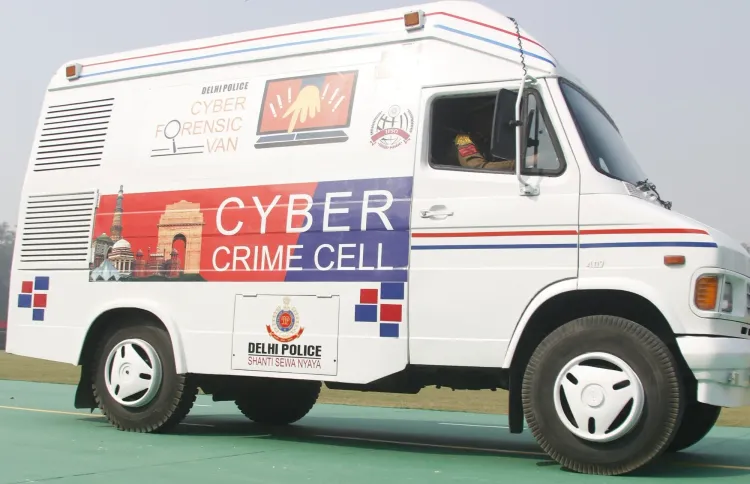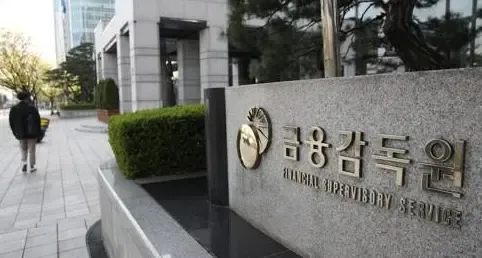Will India’s Digital Forensics Market Hit Rs 11,829 Crore by FY2029-30?

Synopsis
Key Takeaways
- Projected Growth: Digital forensics market to reach Rs 11,829 crore by FY 2029-30.
- Mobile Forensics Dominance: Accounts for 51% of the market.
- Public Sector Demand: 81% of demand from law enforcement.
- Investment in R&D: Essential to reduce import dependence.
- Education and Training: Need to address shortfall of 90,000 forensic professionals.
New Delhi, June 5 (NationPress) The digital forensics market in India is set to experience explosive growth, with a compound annual growth rate (CAGR) of nearly 40 percent, reaching Rs 11,829 crore ($1.39 billion) by FY 2029-30, according to a report released on Thursday. This rate significantly surpasses the global average of 11 percent.
Currently, mobile forensics is at the forefront, making up approximately 51 percent of the overall market, fueled by the surge in smartphone usage, digital payments, and the rise of mobile-centric cybercrime.
With 81 percent of the demand originating from the public sector—particularly law enforcement—the report prepared by Deloitte India, in partnership with the Data Security Council of India (DSCI), underscores the increasing dependence on forensic technology to tackle sophisticated digital threats.
The findings indicate a clear message: India is enhancing its investment in digital forensics not merely as a reactive measure but as a vital component of national security and digital trust.
To fully realize the potential of this sector, the report advocates for a strategic plan focused on enhancing indigenous research and development (R&D). This approach is essential for minimizing reliance on imports, expanding educational and certification programs to address the anticipated shortfall of 90,000 forensic professionals, and modernizing national infrastructure with state-of-the-art labs and regional Centres of Excellence.
“In this dynamic landscape, ranging from financial fraud and data breaches to complex cross-border attacks, digital forensics has transitioned from a reactive tool to a strategic capability. It is crucial for preserving digital trust, securing critical infrastructure, and ensuring compliance,” stated Nikhil Bedi, Leader of Risk, Regulatory and Forensic at Deloitte India.
The sector offers substantial growth opportunities, driven by increasing enterprise demand, regulatory oversight, and technological innovations.
Vinayak Godse, CEO of DSCI, noted that India’s evolution into a digital-first economy has unveiled vast opportunities but has also broadened the landscape for cybercriminals.
“With rising demand from the public sector and the advent of private sector involvement, the chance to cultivate a globally competitive forensic industry is within reach. While we observe the cybersecurity industry maturing, it is imperative to foster similar advancements in the digital forensics sector,” he remarked.









